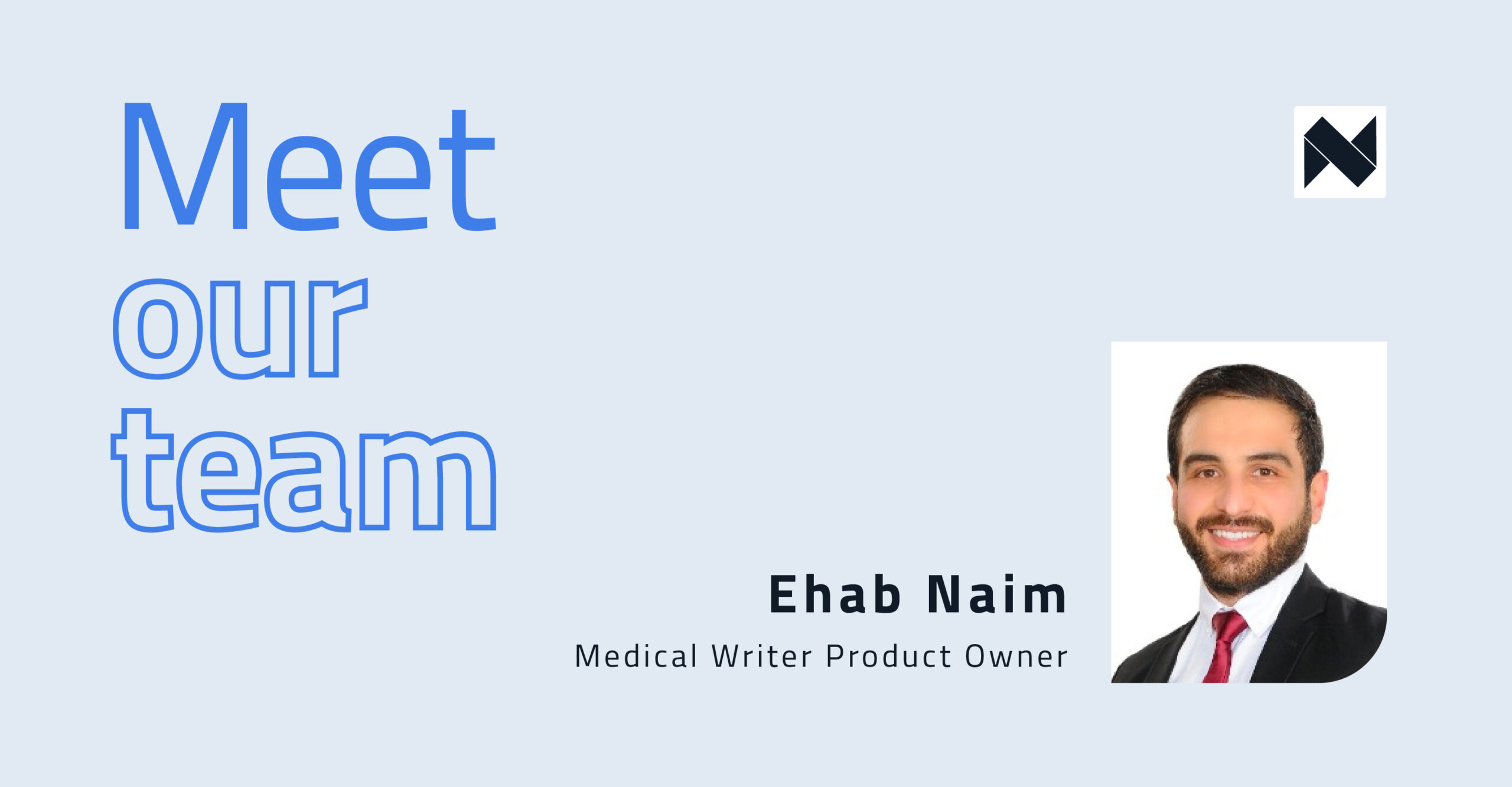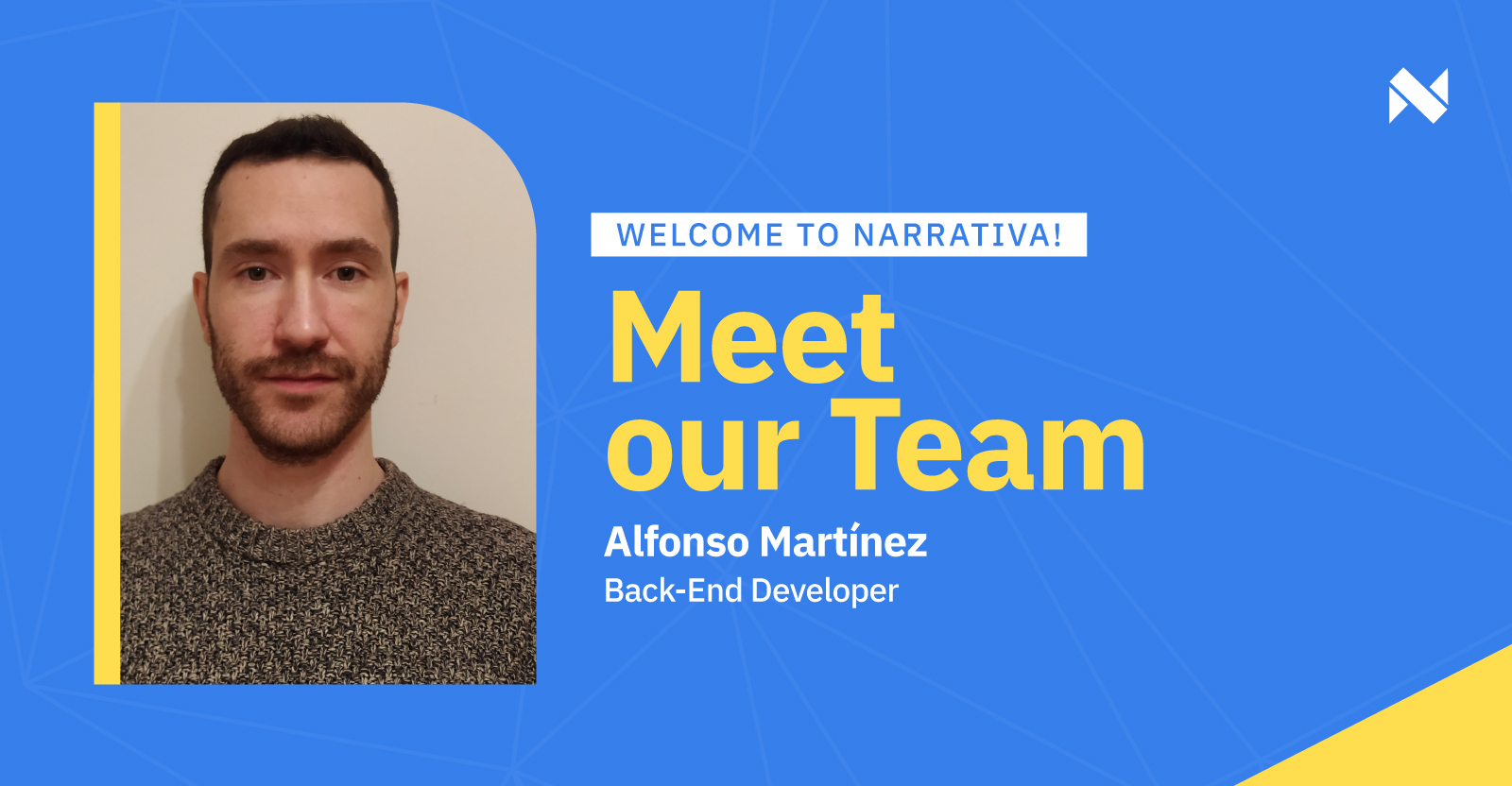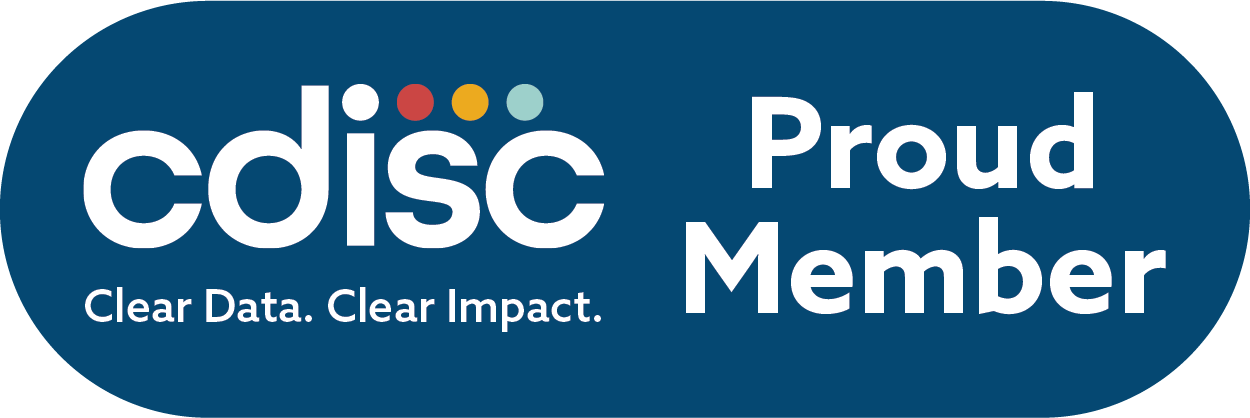February 11, 2022
International Day of Women and Girls in Science
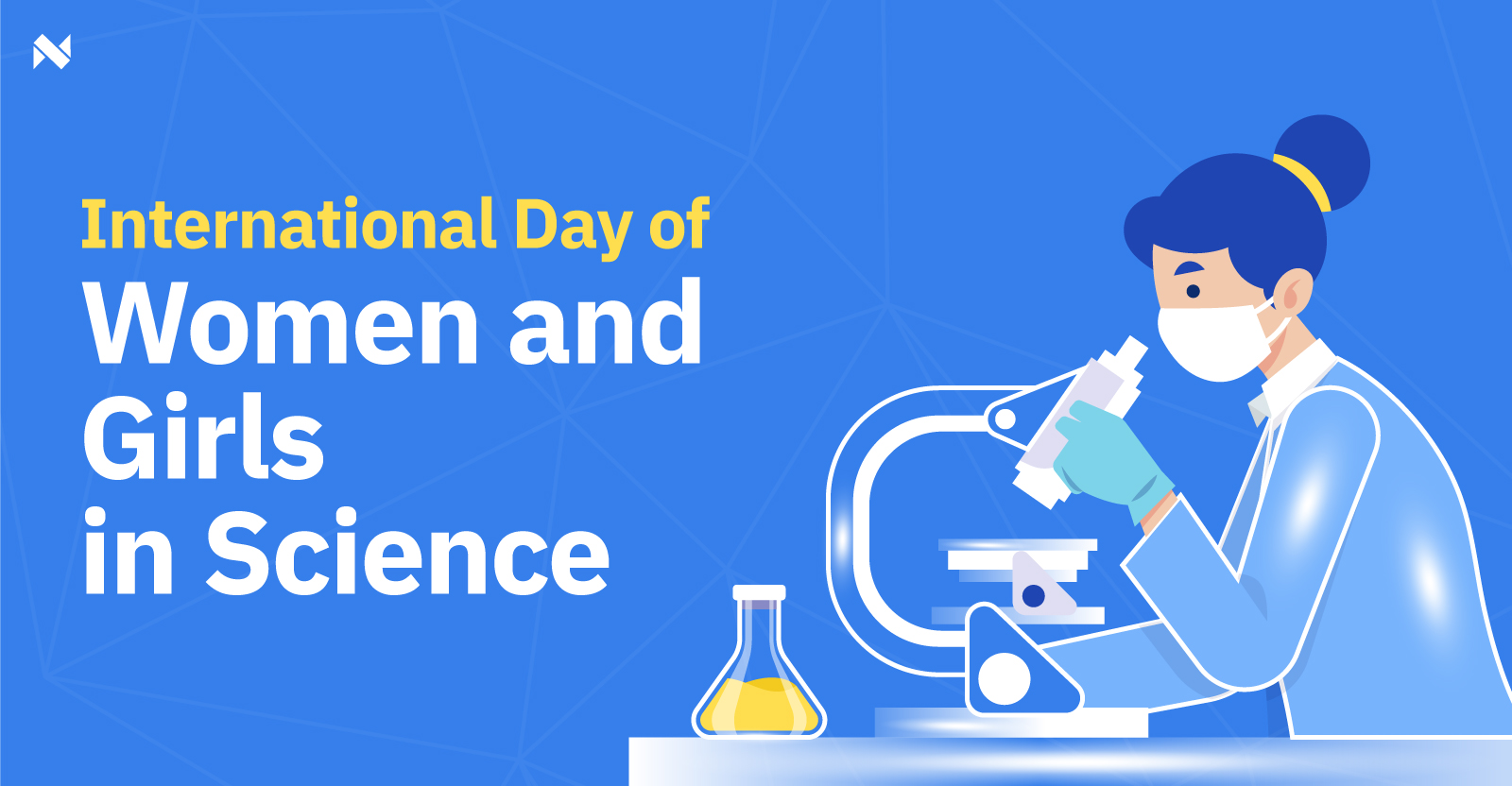
By Sofía Sánchez González
This Friday, February 11, the International Day of Women and Girls in Science is celebrated. The day’s aim is to draw attention to the lack of women and girls participating in scientific activities and fields of study. According to UNESCO data, less than 30% of researchers in the world are women. How can we change this?
Measures
Many studies show that women in STEM (science, technology, engineering and mathematics) fields publish less often than their male counterparts and don’t go as far in their careers. It may be due to financial considerations, the work culture of their countries or discrimination, but regardless, here’s what we can do to change things:
- Promoting science: It all starts in childhood. Our values are built when we are young and therefore it’s necessary to present science as a subject matter to small girls.
- Establish support networks: There are groups out there that foster and mentor women in science throughout their professional careers. Be aware of them and use them!
- Promote measures that put men and women on equal footing: For example, currently some women who have careers in academia are actually penalized for not publishing during maternity leaves. We should speak to those who make the rules and let them know that change is necessary.
Women in tech
Some women have gone far in the world of technology. As a society, we should look up to them as examples and study their career paths.
- Sheryl Sandberg has been chief operating officer at Facebook since 2008
- Ruth Porat, as CFO, guides Google’s investments in Alphabet
- Ginni Rometty is CEO at IBM
- Susan Wojcicki is CEO at YouTube
Good news
But it’s not all bad news on the International Day of Women and Girls in Science! In the field of artificial intelligence, (and especially in the areas of natural language processing and generation), more and more women are becoming specialized.
With respect to Data Scientist positions, diversity is increasing, although there is still more work to be done when it comes to classic programming.
Only one in six ICT specialists are women
Currently, only one in six Information and Communication Technology specialists in the labor market is a woman. This is a striking fact and it underlines the importance of the day’s observance. The gender gap in the STEM fields is of particular concern globally. Fortunately, more and more initiatives seek to address this disparity, such as the Radia program, Mujeres Tech or Adalab in Spain.
Let’s do something
At Narrativa we do not sit idly by. We have taken some steps to help close the gap:
Our gender stereotype detection model
Our model analyzes sentences and is capable of detecting whether a stereotype is present. At a simple level:
- We introduce a sentence.
- The model analyzes it.
- It classifies the sentence into one of three categories: Natural, stereotype or anti-stereotype.
For example, let’s take the sentence “Women are nurses and men are doctors.” Of course we know that men can also be nurses and women can also be doctors, so we’ve taught the model to recognize this as well. It will classify the statement as a stereotype based on its analysis.
Try it out yourself on our Hugging Face hub!
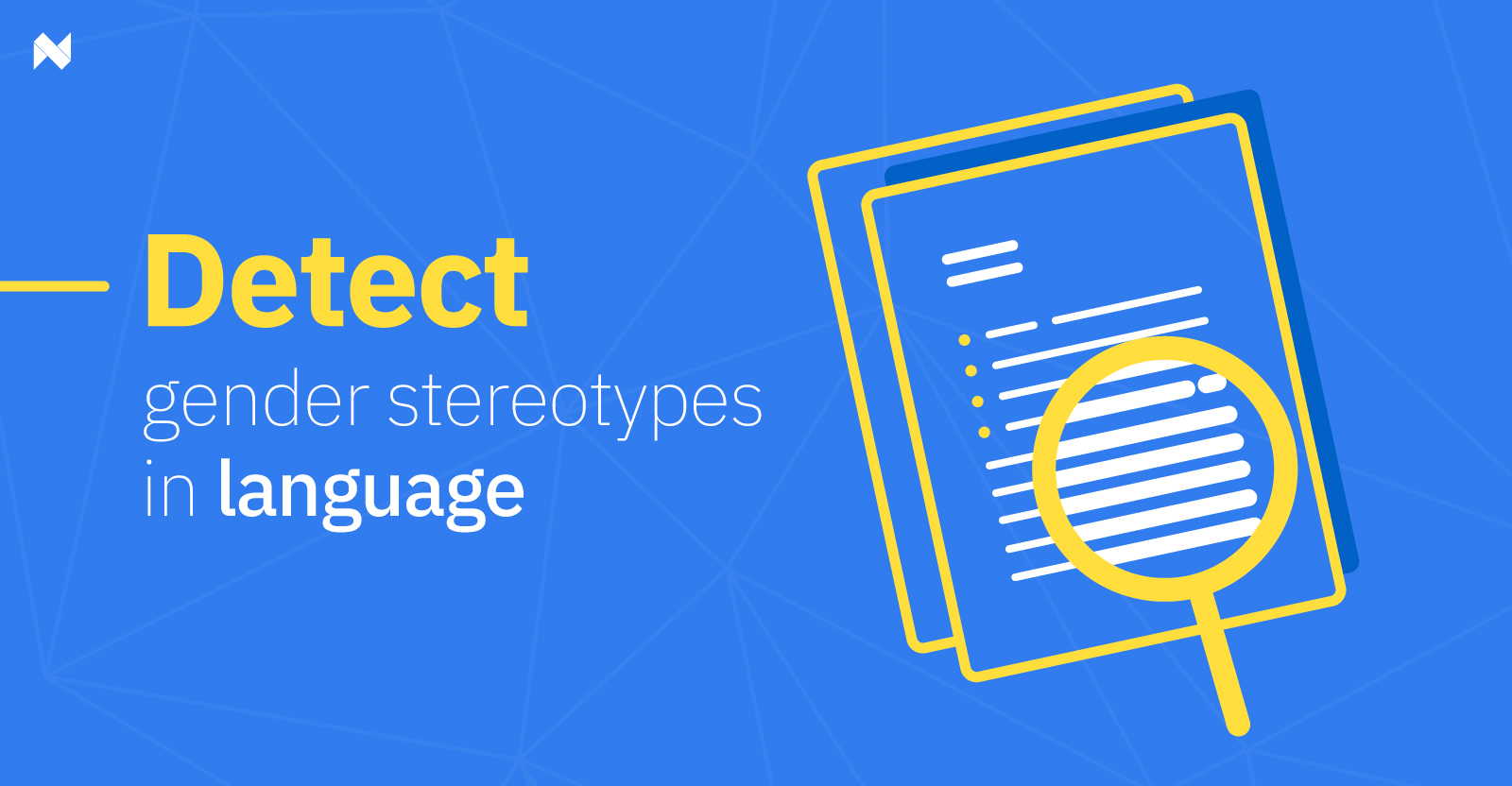
International Day of Women and Girls in Science
The Radia program
The Radia program looks to promote the inclusion of women with disabilities in the digital space and increase the number of female professionals in the technology sector. Narrativa usually hosts one of the participants of the program, who collaborates with us under the mentorship of one of our team members. The person selected to work with us improves their digital skills and gains valuable experience while improving their profile so that they have a better chance in the job market.
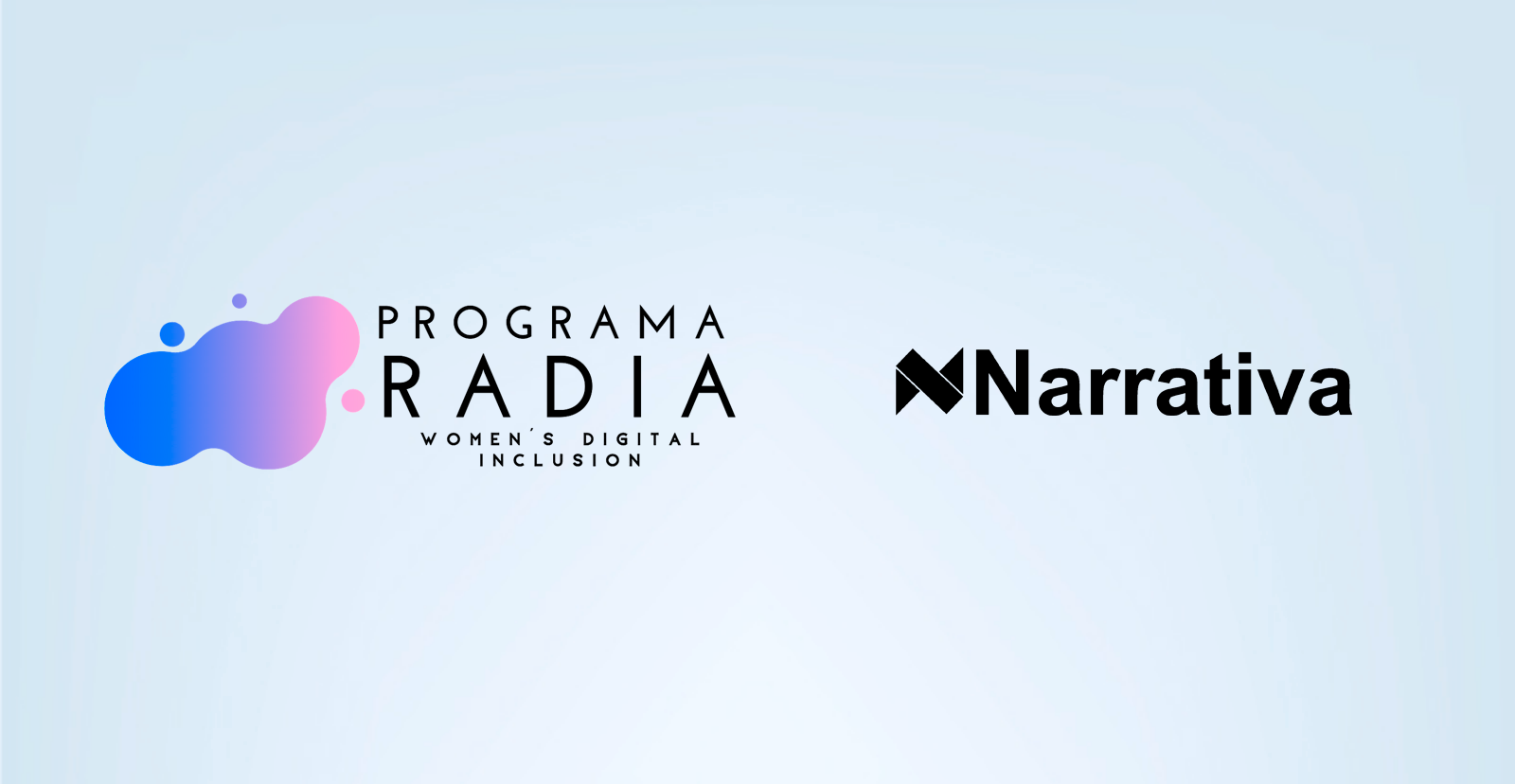
International Day of Women and Girls in Science
Artificial intelligence as a social tool
Although more emphasis is being placed on the dangers of artificial intelligence these days, its benefits are vast. On a professional level, it minimizes data analysis time, improves decision-making and increases productivity and quality. And that’s something anyone working in any industry can get behind!
About Narrativa
Narrativa is an internationally recognized business intelligence company that uses its artificial intelligence and machine learning platform to build and deploy natural language content solutions for enterprises. Its proprietary technology suite, consisting of data extraction, data analysis, natural language processing (NLP) and natural language generation (NLG) tools, all work together seamlessly to power a lineup of smart content creation, reporting automation and process optimization products.
Contact us to learn more about our solutions!
Share


